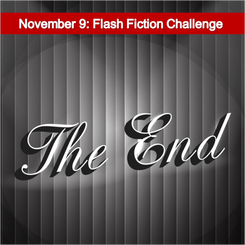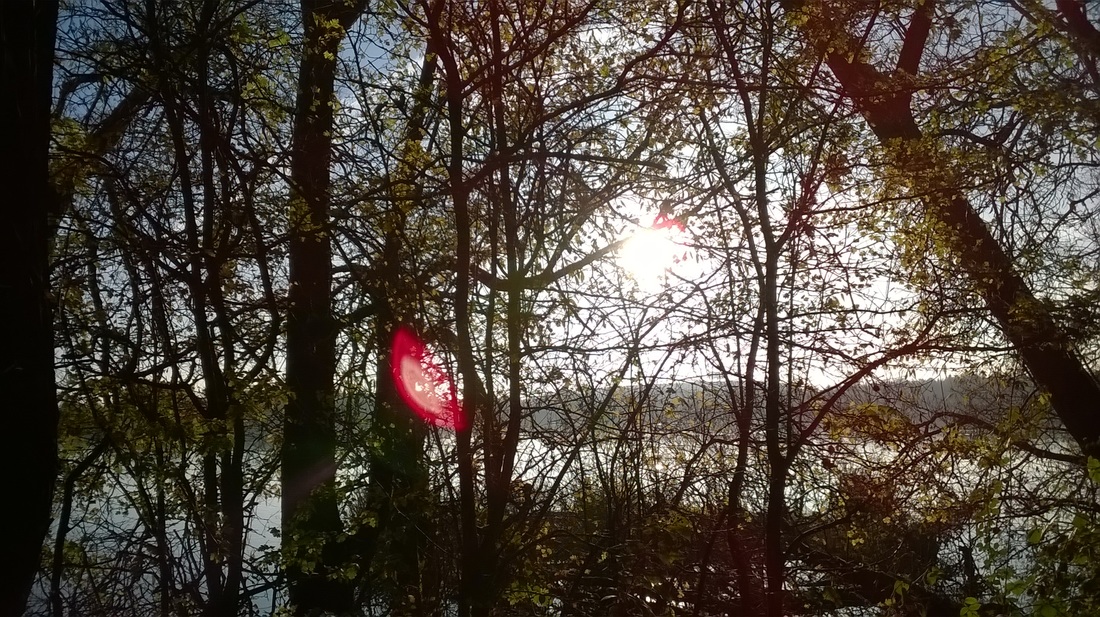| As I speed walk along the path, the low sun flickers on and off through the trees. Dark light, dark light, it dizzies my brain as if I’m in a zoetrope, making me pause and clasp a column of rough bark for balance. Usually, I welcome the winter sun on my face, but now I turn from the light that mocks me. Usually, I’m good at seeing in the dark but, even after Brexit, I did not foresee the triumph of Trump and I’m distraught. |
Across our two nations, the populations are divided: where one lot sees the Saviour, the other sees Satan. While the implementation of Brexit faces a legal challenge, the anti-Trump protesters, understandably seeking solace in communal despair, cannot alter the outcome of due democratic process. Even Trump says we must bind the wounds of division, but how do we reconcile a split that cuts so deep?
I’m not going to take instruction from Boris Johnson, but many would agree with some version of his sentiment that we must stop whingeing and get on with the job. Across the blogosphere, it often seems to me that hope for the future is applauded more than pessimism but, in my experience, denial of the dark side has been more dangerous than failing to see the light. Will we recognise when pragmatism and compromise morphs into collusion with immorality? Will we, like the frog in boiling water, continually adapt to a new normality without noticing it’s become toxic? Aren’t we, in fact already there in our tolerance of torture and the struggles of refugees?
Individually, we need to embrace the balance of light and darkness in whatever way best safeguards our sanity. Collectively, we need the light’s energy to work for a better world and the darkness to know what we must change. Pessimists and optimists must work together without being ground down by the Pollyannaism or negativity of the opposite worldview.
I identify with Charli Mills in finding a world governed by deniers an extremely scary place, like having parents whose distorted reality must prevail. Seeking a mind of my own has been my salvation, as well as fictionalising some of the darkness we don’t always want to see. I try to leave a crack to let the light in (my tiny tribute to Leonard Cohen who died last week, fortunately for him, I believe, before election results came in) through humour, emotional honesty and the odd sliver of hope. I’ve also enjoyed creating characters whose attempts to deny uncomfortable reality breaks down, such as Diana in my debut novel, Sugar and Snails, and the unnamed narrator in my latest short fiction publication, "Across the Table". It’s also the theme of my response to Charli’s latest challenge to write a 99-word story about an unexpected ending.

Undoing the buttons down the back of Esther’s dress, I remember the Rosenbergs. What fools we thought them to abandon their friends, their factory, their fine collection of avant-garde art. The Chancellor could not be serious and, if he were, our neighbours would form a wall between us and his henchmen. And if even they turned against us, our intellect would keep safe.
At thirteen, my daughter is shy to undress among strangers. Shamed by her newly shaven head. But won’t it be lovely, I tell her, after days of travelling, to be finally allowed to take a shower?
Let’s hope it’s only a coincidence that Trump was elected president on the anniversary of Kristallnacht.






















 RSS Feed
RSS Feed





















